Therefore, those who study Food and Beverage Service (F&B) have many jobs with satisfactory income.
12-month apprenticeship, starting salary 10 million VND
With the desire to learn a trade and work after graduating from junior high school, many students have registered to study 12-month intermediate-level trades at Hanoi College of Tourism. Principal of Hanoi College of Tourism Truong Tuong Lan shared: the school is one of the units specializing in training in the tourism industry, including 10 licensed majors and many opportunities to coordinate short-term vocational training with domestic and foreign partners.
Explaining whether the intermediate vocational training course lasts only 12 months and whether it can ensure the qualifications, skills and needs of enterprises, Principal of Hanoi Tourism College Truong Tuong Lan said: “The Law on Vocational Education stipulates that the intermediate vocational training period is from 12 to 24 months. As people working in tourism who have switched to training, we understand what knowledge and skills learners need to be equipped with.
Therefore, we decided that the minimum training time for intermediate level is 12 months, but the program and methods are the same as college level training, meeting the recruitment needs of businesses, hotels, and restaurants. Even for the past 10 years, the school has kept the tuition fee the same to give all the benefits to students, despite inflation, price increases, and teacher salaries increasing.
Like other vocational training institutions specializing in tourism, the Culinary Arts major of Hanoi College of Tourism is chosen by many students, accounting for 70% of the total number of applicants. With the Culinary Arts major code, the school arranges 20% of the time for studying vocational theory, about 70 - 80% of the time for practice at the school's facilities with full equipment similar to the reality in restaurants and hotels outside.
Students study Culinary Arts for 12 months (including 9 months of apprenticeship and 3 months of full-time internship at a company) but by the 3rd month they can work as assistant chefs in restaurants. Students who study in the morning work the afternoon shift, while students who study in the afternoon work the morning or evening shift...
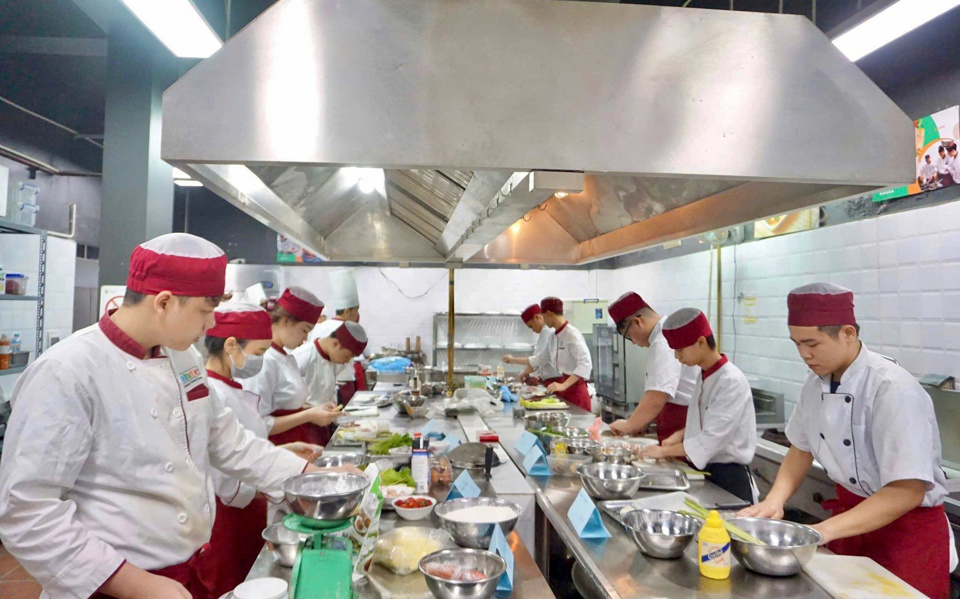
“Because the tourism industry is seriously lacking trained human resources, hotels and restaurants always have a need to recruit students to work part-time. Up to 80% of students studying culinary arts work part-time. When they graduate, nearly 100% have jobs at businesses, hotels and restaurants without the need for school referrals. Income levels depend on job positions, for example, assistant chef salary is about 10 million VND/month, main chef salary is from 17 - 20 million VND/month” - Mr. Truong Tuong Lan informed.
Variety of choices
In addition to training in 12-month intermediate-level occupations, Hanoi College of Tourism also provides short-term training (from 3 to 6 months) in other occupations to meet the needs of workers receiving unemployment insurance policies, demobilized soldiers, and unskilled workers in industrial parks.
The short-term occupations of the school that many people choose are Culinary Arts, Baking Arts, and Restaurant Services. Those who study Restaurant Services after graduating are introduced by the school to work at a hotel restaurant, with a starting salary of 7 - 8 million VND/month. When the worker reaches the restaurant management level, the salary is up to 40 - 50 million VND/month.
According to Mr. Truong Tuong Lan, 4-5 star hotels in Hanoi are seriously lacking in housekeeping staff. Therefore, young workers can also register for a short-term 3-month vocational training course to have a job right after graduation with a good income.
Currently, to meet the needs of learners, Hanoi Vocational College of Culinary Arts - Tourism and Fashion also opens many short-term training courses of 3 months, 6 months or 9 months, in addition to the intermediate level.
Mr. Nguyen Xuan Hung (Principal of Hanoi Vocational College of Culinary Arts - Tourism and Fashion) said that currently, the school's short-term vocational training subjects (elementary level) include: those who have been trained but want to improve their professional qualifications to work in restaurants, hotels, and enterprises; those who enjoy state policies such as demobilized soldiers, workers receiving unemployment insurance policies; students preparing to study abroad and want to learn a trade to equip themselves with skills.
Short-term occupations (3 months, 6 months) of Hanoi College of Culinary Arts - Tourism and Fashion that many people register to study are Beverage Mixing Techniques, Food Processing Techniques, Baking Techniques, Restaurant Operations. Because these occupations help students to be equipped with soft skills, when they return home they can immediately access and find jobs easily.
When students study abroad, this is a condition for them to work part-time to earn income to cover daily living expenses. In particular, the profession of Baking Technology is chosen by many students to study in order to later start an online store.
Following the enrollment trends of recent years, Mr. Nguyen Xuan Hung said that this year many people want to take short-term vocational courses to have a job right after graduation with a satisfactory income. According to Mr. Hung, in reality, many students who graduate from university but cannot find a job because their major does not meet recruitment needs can take short-term vocational courses to have a job right away with a stable income.
Students studying the 9+ program (a parallel training model between intermediate vocational training and general education for junior high school graduates) can, after graduation, take additional short-term vocational training classes to supplement their knowledge and skills to meet job requirements or create their own jobs.
Source: https://kinhtedothi.vn/hoc-nghe-ngan-han-ra-truong-co-viec-lam-ngay.html


![[Photo] Looking back at the impressive moments of the Vietnamese rescue team in Myanmar](https://vstatic.vietnam.vn/vietnam/resource/IMAGE/2025/4/11/5623ca902a934e19b604c718265249d0)


![[Photo] "Beauties" participate in the parade rehearsal at Bien Hoa airport](https://vstatic.vietnam.vn/vietnam/resource/IMAGE/2025/4/11/155502af3384431e918de0e2e585d13a)


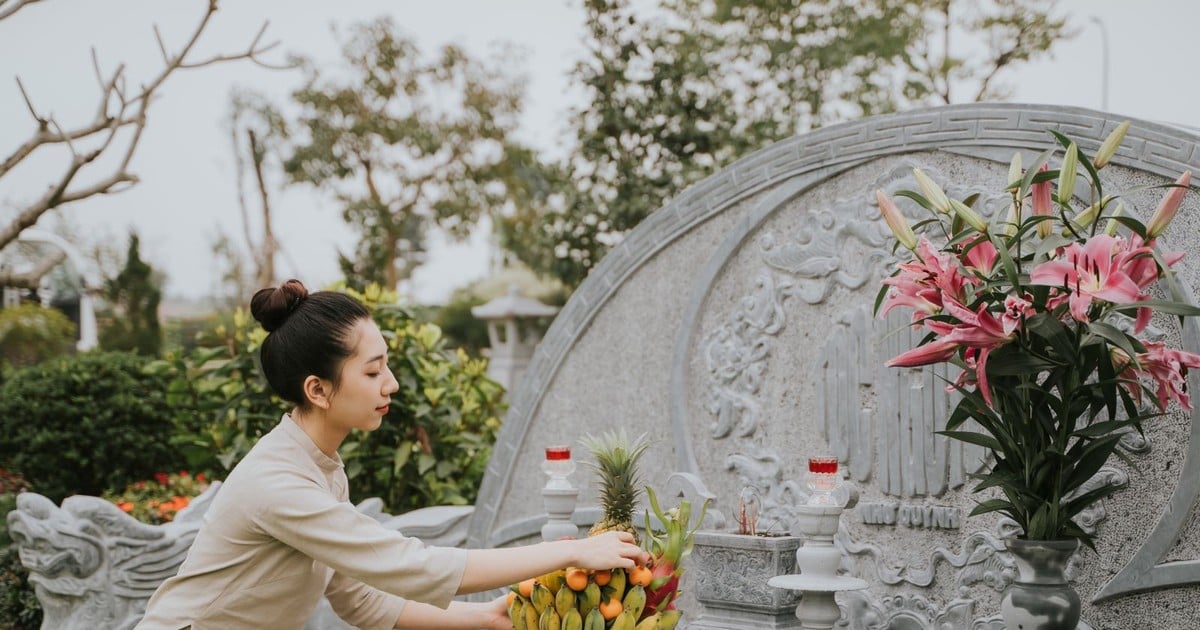

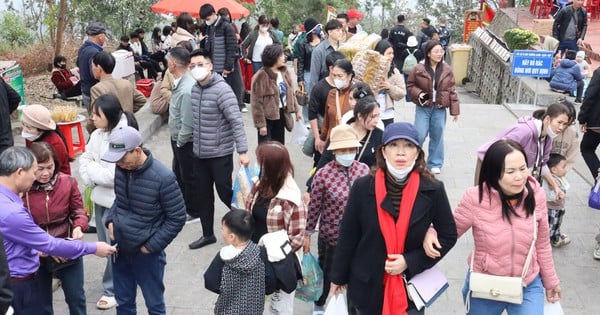

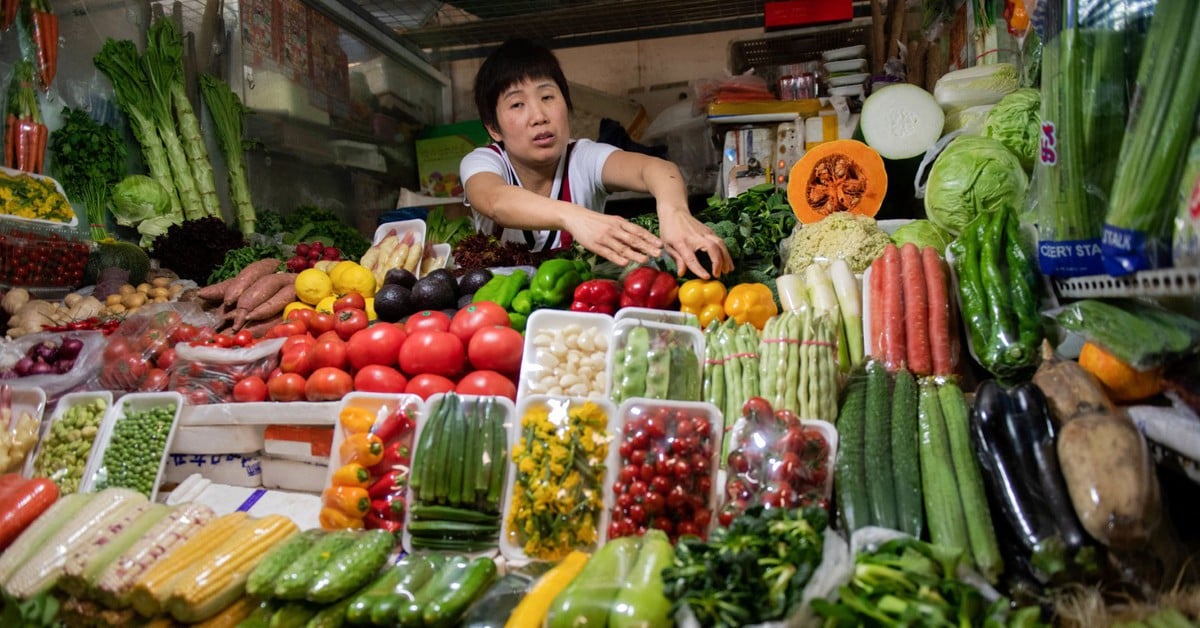



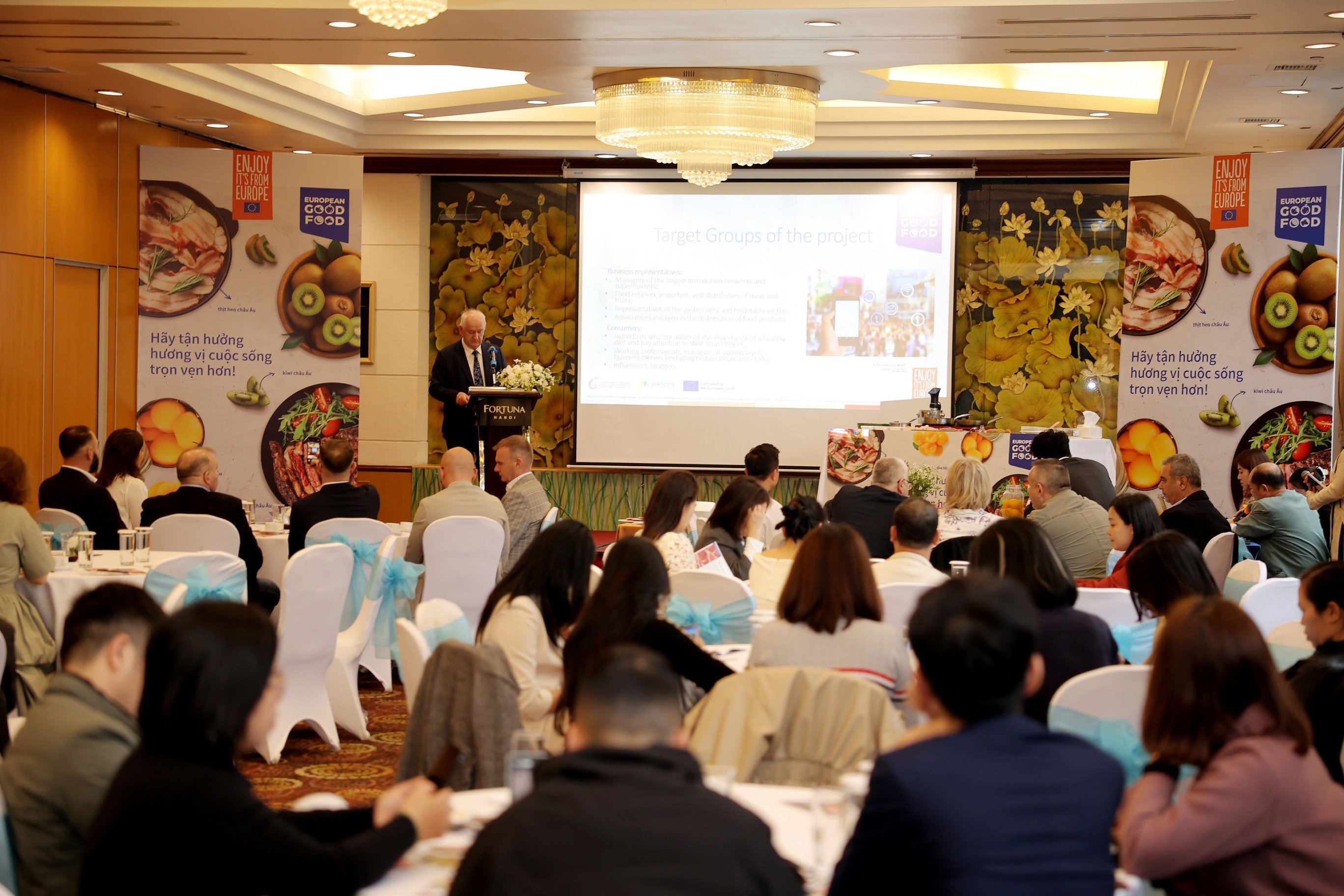


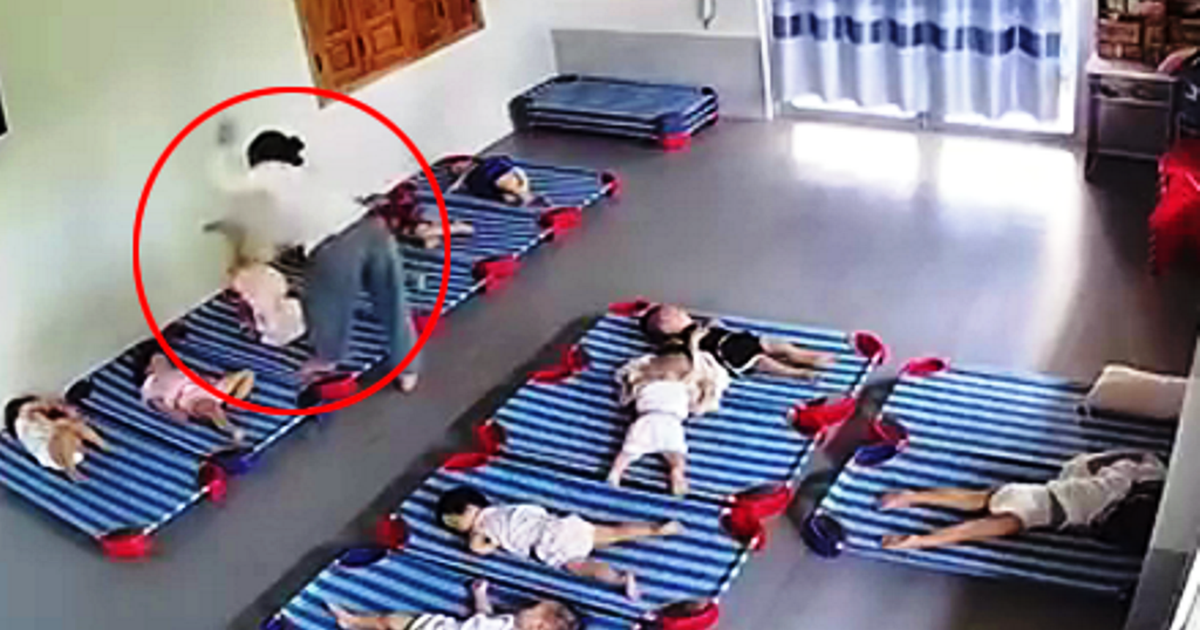
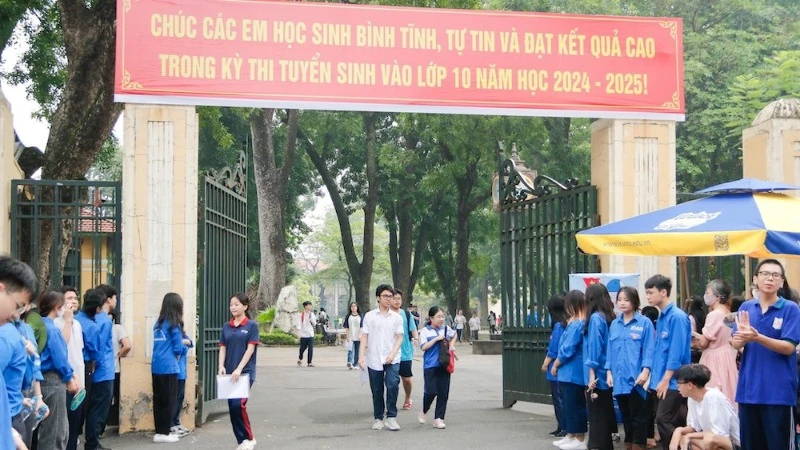
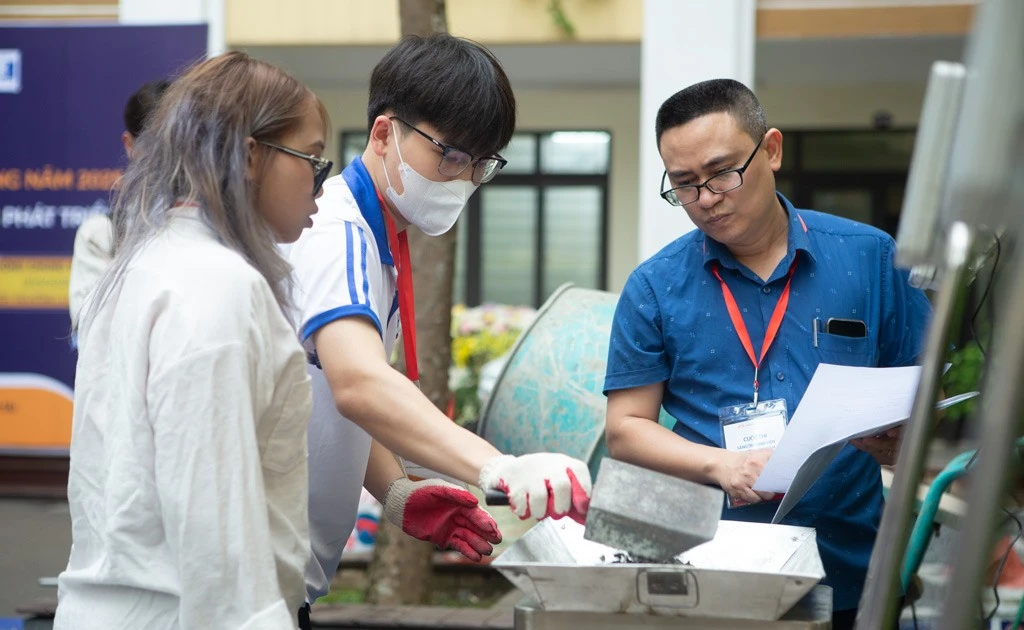

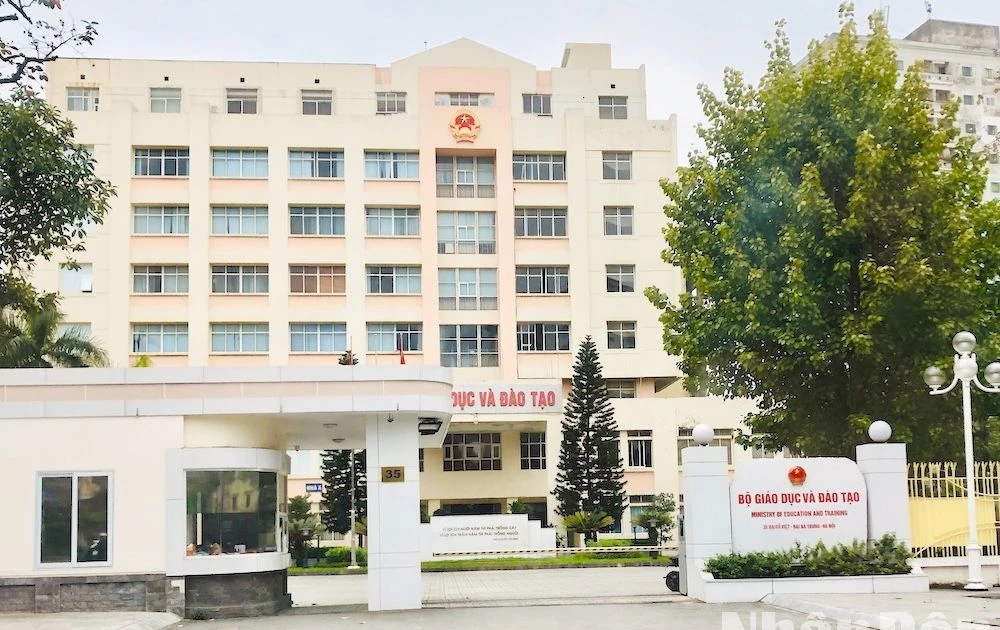




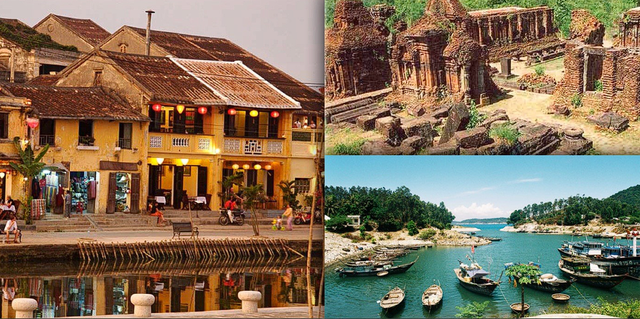
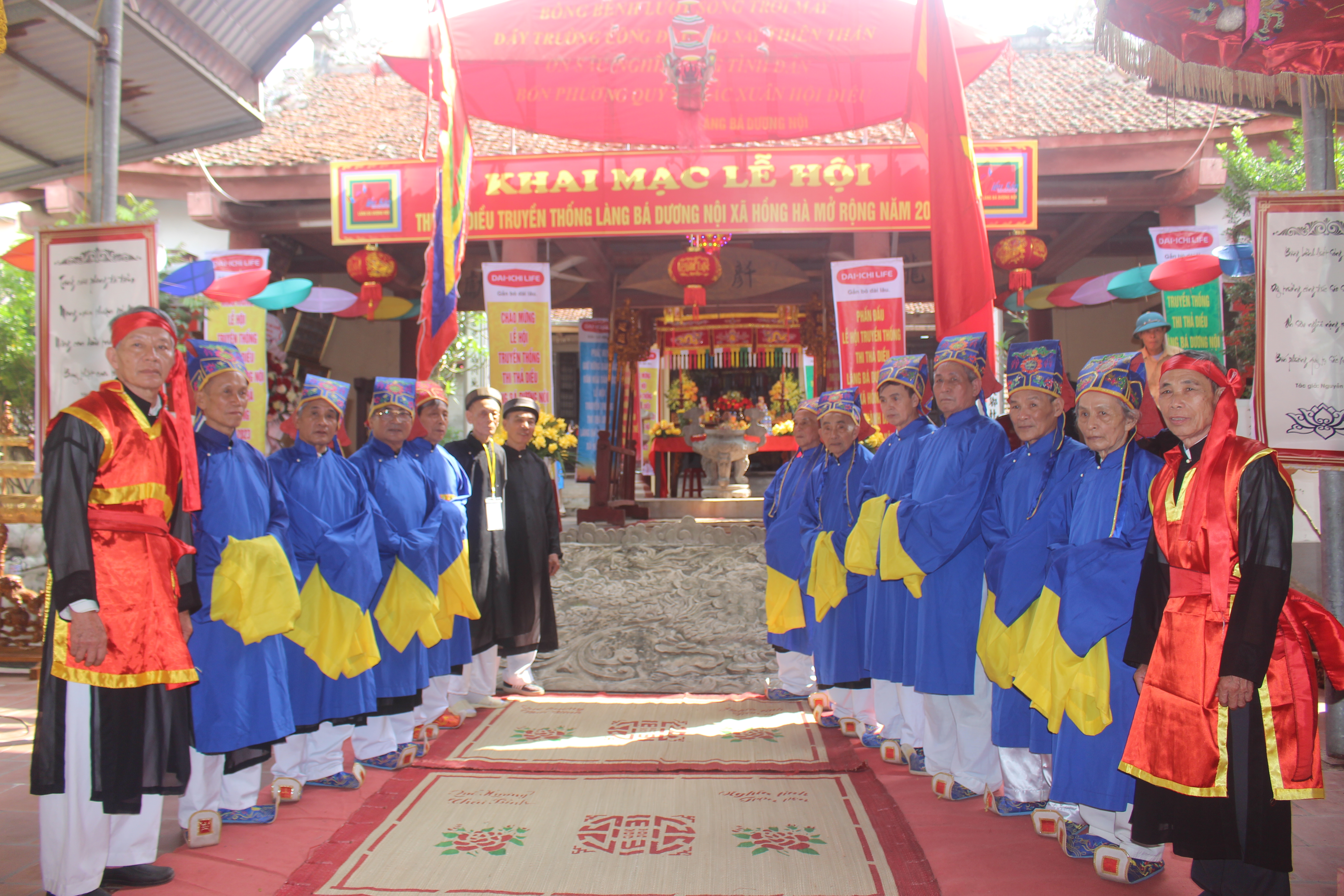

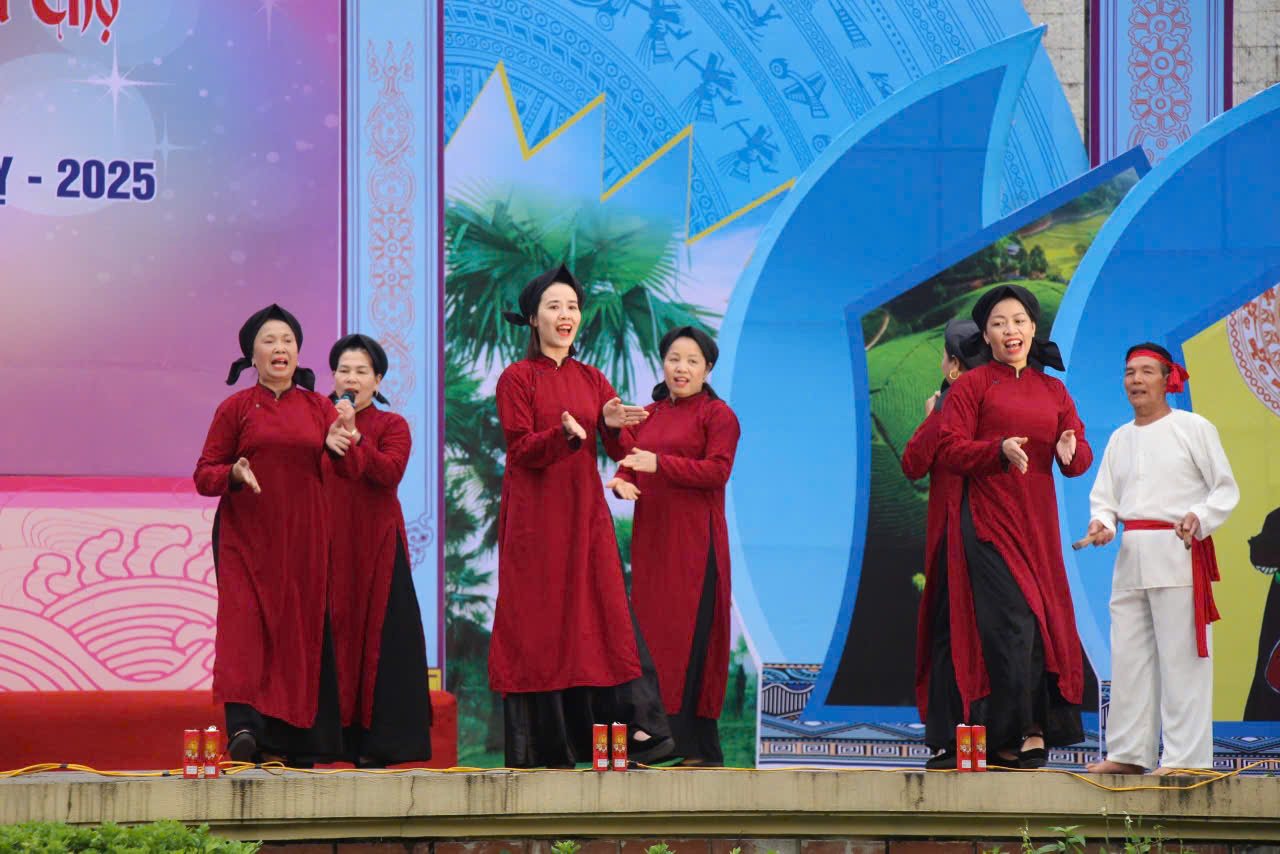


![[Photo] Summary of parade practice in preparation for the April 30th celebration](https://vstatic.vietnam.vn/vietnam/resource/IMAGE/2025/4/11/78cfee0f2cc045b387ff1a4362b5950f)






































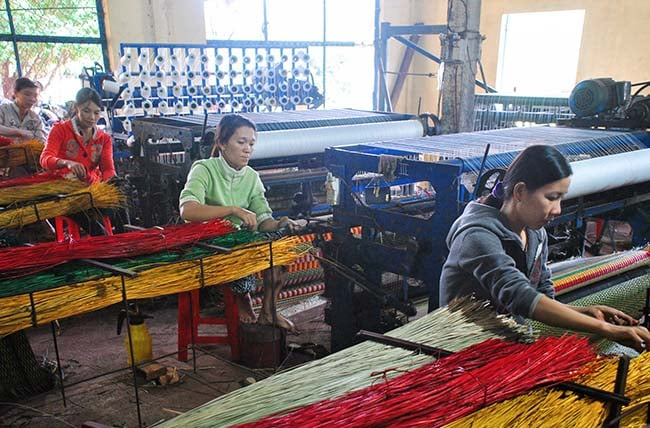


















Comment (0)